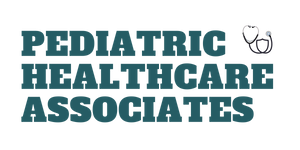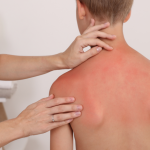Sunburn in Children—Prevention, Treatment, and When to Call Your Pediatrician
Sunburn is a common childhood ailment, especially during the warmer months when outdoor play is at its peak. While a little sun exposure is essential for vitamin D synthesis, too much can quickly lead to painful burns and long-term skin damage. As a parent or caregiver, understanding how to prevent, recognize, and treat sunburn is crucial for your child’s well-being. Here’s a comprehensive guide, with insights from the Altoona pediatric experts at PHCA Altoona.
Why Are Children Especially Vulnerable to Sunburn?
Children’s skin is thinner and more sensitive than that of adults, making them more susceptible to the harmful effects of ultraviolet (UV) rays. Infants, in particular, have extremely delicate skin. For new parents, consulting a provider specializing in healthcare for infants ensures you receive tailored advice on sun safety and protection strategies for your little one.
The Dangers of Sunburn in Childhood
Many people underestimate the dangers of sunburn, assuming it’s a minor inconvenience. However, repeated sunburns in childhood significantly increase the risk of skin cancer, including melanoma, later in life. Additionally, severe sunburns can lead to dehydration, infection, and in rare cases, heatstroke. The healthcare pediatric team at PHCA Altoona emphasizes a proactive approach to sun safety for all families.
Sunburn Prevention: Practical Steps for Parents
Preventing sunburn is far easier than treating it. Here are essential steps every parent should follow:
- Use Broad-Spectrum Sunscreen: Choose a sunscreen with SPF 30 or higher. Apply it generously to all exposed skin 15-30 minutes before going outside, and reapply every two hours, or after swimming or sweating.
- Protective Clothing: Dress your child in lightweight, long-sleeved shirts, pants, and wide-brimmed hats. Sunglasses with UV protection are also important.
- Seek Shade: The sun’s rays are strongest between 10 AM and 4 PM. Encourage play in shaded areas during these hours.
- Special Care for Infants: Babies under six months should be kept out of direct sunlight. For more guidance, reach out to medical pediatric professionals who can provide age-appropriate recommendations.
- Hydration: Sun exposure increases the risk of dehydration. Offer water frequently, especially during outdoor activities.
Recognizing and Treating Sunburn
Despite your best efforts, sunburns can still happen. Early recognition and prompt treatment are key:
- Symptoms: Redness, pain, swelling, and warmth are classic signs. Severe cases may involve blisters, fever, chills, or fatigue.
- Immediate Action: Move your child indoors or into the shade. Apply cool compresses or give a lukewarm bath to soothe the skin.
- Moisturize: Use fragrance-free lotions or aloe vera gel to keep the skin hydrated.
- Pain Relief: Acetaminophen or ibuprofen can help manage discomfort, but always consult your medical pediatrics provider before administering medication.
- Hydration: Encourage your child to drink extra fluids to prevent dehydration.
When to Make a Pediatric Appointment
Some sunburns require professional medical attention. Contact your pediatrician or schedule a pediatric appointment if:
- The sunburn is severe, with large blisters or intense pain.
- Your child develops a fever, chills, headache, or confusion.
- The sunburn covers a large area, or affects the face, hands, feet, or genitals.
- Signs of infection appear, such as pus, swelling, or red streaks.
The acute care pediatrics team at PHCA Altoona offers urgent evaluations for sunburn and other summer-related concerns, ensuring your child receives timely, expert care.
Long-Term Skin Health and Pediatric Support
Preventing sunburn is an investment in your child’s long-term health. The PA pediatric specialists at PHCA Altoona can help you develop a sun safety plan tailored to your family’s needs. For ongoing support, associates in pediatrics and pediatrics health associates are available to answer questions and provide education on all aspects of skin care.
If you need quick access to a pediatric physician for sunburn or other acute issues, PHCA Altoona offers same day sick appointments for your convenience.
Additional Pediatric Services
While sunburn prevention is crucial, PHCA Altoona also offers a range of services, including pediatric ear piercing, all performed in a safe, hygienic environment by experienced providers.
Ready to protect your child’s skin this summer? Contact PHCA Altoona for expert advice, appointments, and comprehensive pediatric care.







